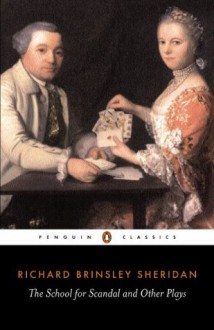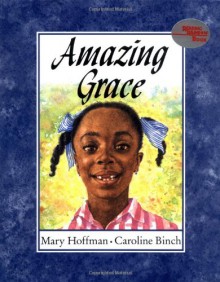
This play starts out with a scene between Lady Sneerwell and Snake, discussing the malicious stories they are planting about other members of society. You have no doubt what kind of play you are getting yourself into with a beginning like this. This is a comedy of manners and "manners" are pretty much the last thing most of the characters have.
If you've never seen or read a classic British comedy of manners they all have a few things in common. They center around the behaviors, good and more often bad, of the upper class. They have lots of plots and subplots interweaving. They have to do with amorous adventures and they don't always end with people getting their just deserts. Some times, the wicked aren't punished. (See The Country Wife for a good example of that.) They are funny and enjoyable to watch.
Joseph Surface wants to marry Maria for her fortune but he wants to look like a good guy so he makes himself known as a "man of sentiment" which seems to mean that he goes around quoting proverbs all the time. Maria wants to marry his brother Charles Surface, who is known as a profligate and all-around bad boy. Lady Sneerwell want Charles, even though he is a bad boy. Sir Peter Teazle, a bit of an older fellow, has married Lady Teazle who is younger and quite pretty. She thinks that Joseph wants her because he is trying to get on her good side so she won't oppose the match between him and Maria, who happens to be the Teazles' ward. Lady Teazle mistakes his intentions and thinks he wants her so she begins a flirtation with him. Sir Peter, however, thinks she's carrying on with Charles because of a letter planted by Snake. Sound confusing? It's really not when you read or watch it but you see what I mean about plots and subplots. It's just a lot of fun. As it turns out, the Surface brothers have a rich uncle who returns from India in disguise to see which of them is worthy of inheriting his fortune.
There are intrigues, disguises, concealments, big reveals, everything a playgoer could hope for. But there are a few moments when characters have to make big decisions based on their principles that are turning points in the play. Charles as one and so does Lady Teazle. Whether they choose to be true to themselves or follow the fashion of the day changes the direction of the story. It's very satisfying. I'd love to see this one performed live some day. For me, this is as good as classic British drama gets.


 Log in with Facebook
Log in with Facebook 






